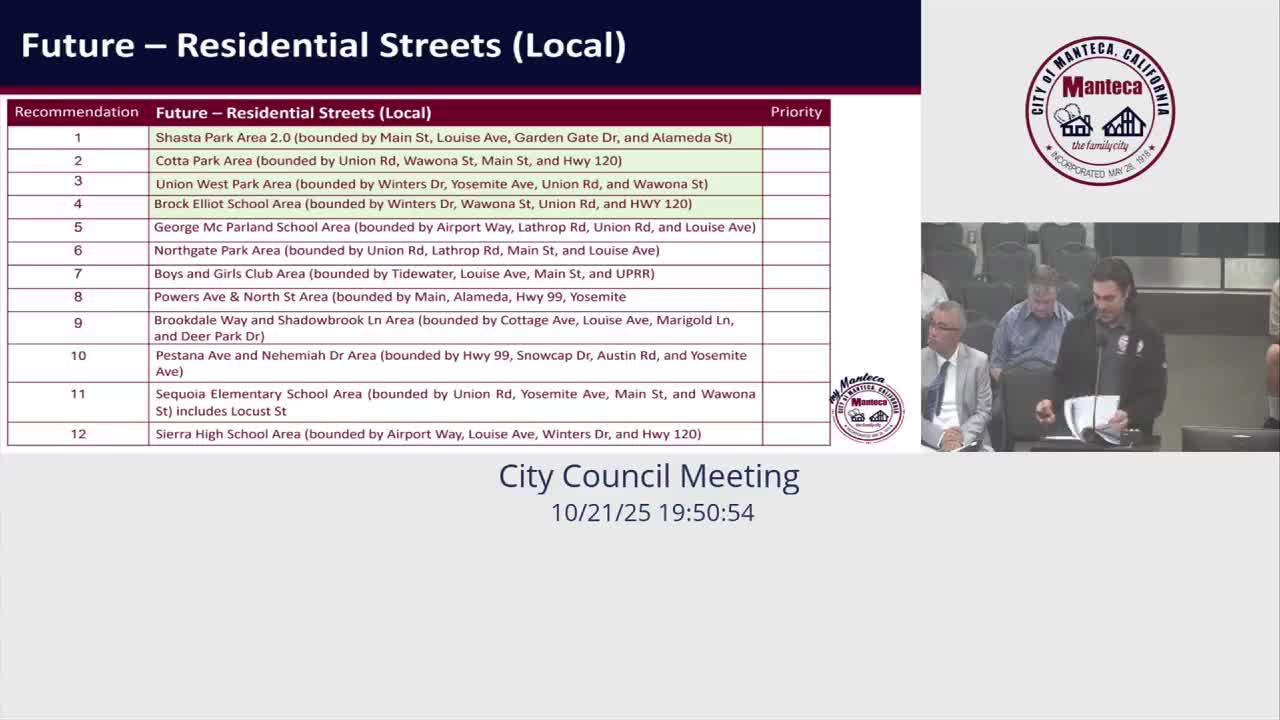Council narrows direction on city flag policy: keep official flags at city hall, leave leased properties alone
Get AI-powered insights, summaries, and transcripts
Subscribe
Summary
After a staff presentation on legal risks, the council gave staff informal direction to treat city flagpoles as government speech for official flags (including department flags) and to leave leased properties’ flag use largely unregulated; staff will draft a policy.
The council received a legal presentation on options for governing display of flags on city-owned flagpoles and gave staff direction to prepare a revised policy reflecting the council’s preference.
Outside counsel Mona Ebrahimi and Interim City Attorney Rhianna Daniel reviewed three legal frameworks courts use to analyze government property used for speech — government speech, limited public forum and traditional public forum — and described legal risks illustrated by a recent U.S. Supreme Court decision involving Boston. Ebrahimi said the key variables are who is the final decision-maker (city council, city manager or first-come applicants) and how consistently the policy is applied.
Council offered a working consensus: treat city-hall flagpoles as government speech limited to official flags (U.S., California and city/department flags) and, for property leased to third-party organizations, leave existing arrangements in place so lessees may continue to fly flags associated with their organization. Council members also suggested that if the city maintains a commemorative-calendar approach (adopted annually by council), the city could publish a calendar of approved commemorative flags; that approach, Ebrahimi said, reduces legal risk because the council is explicitly endorsing the displays as city speech.
No formal ordinance or resolution was adopted; staff was asked to draft a written policy consistent with the council’s direction and return for formal consideration. Council members stressed the need for clear, uniformly applied rules to avoid litigation or perceptions of inconsistency. Speakers from the public and veterans organizations urged prominent display of the POW/MIA flag; council members said those remarks would be considered in drafting the policy.
